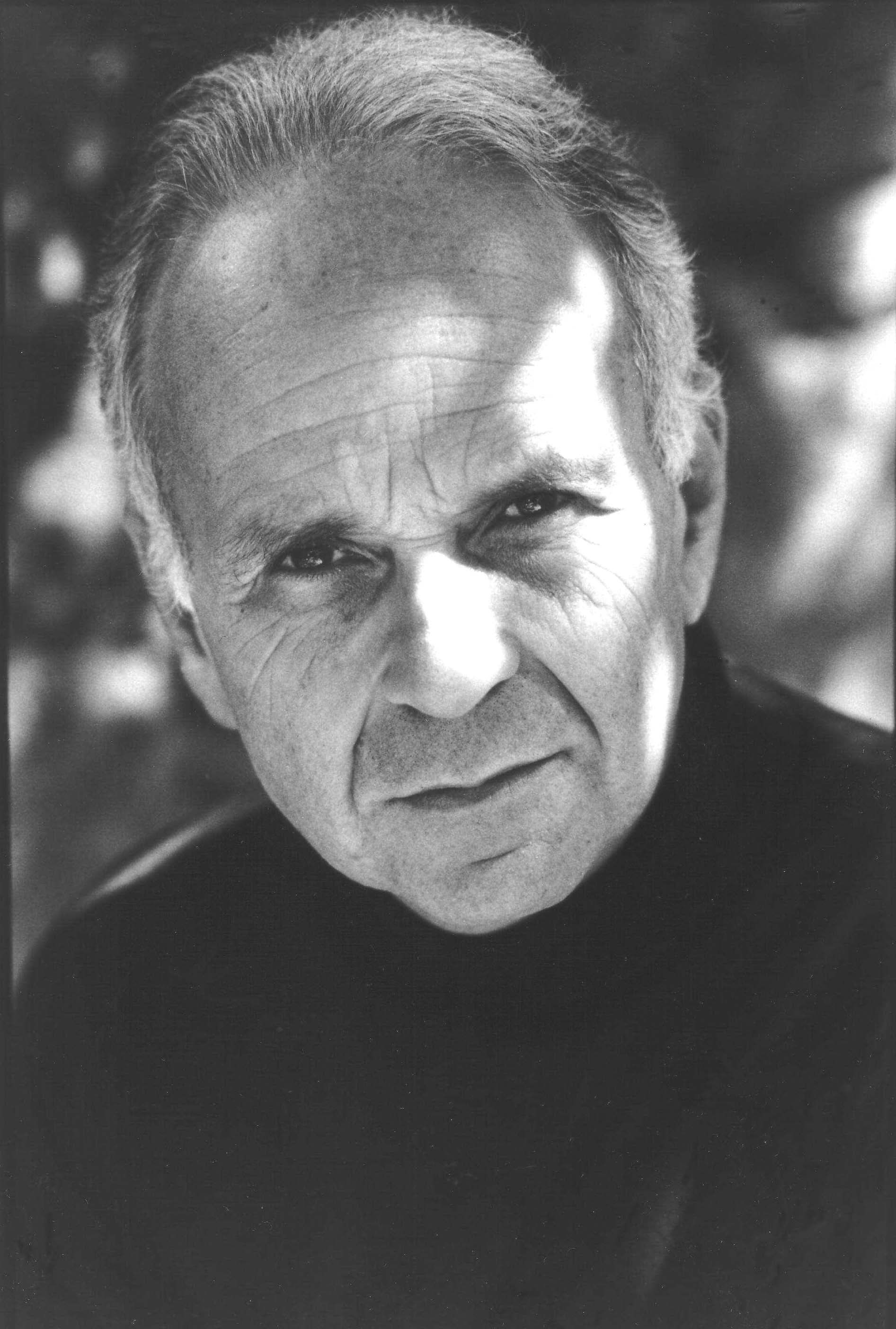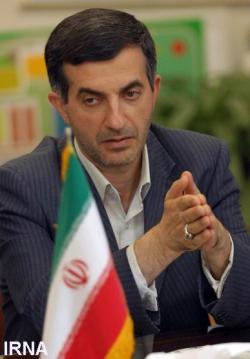Marty Kaplan sorgt sich im „Jewish Journal of Greater Los Angeles“, dass Obama am Ende doch an der Rassenfrage scheitern könnte. Und er sieht in dem hartnäckigen Gerücht, Obama sei ein heimlicher Muslim eine indirekte Weise, über das tabuisierte Rassenthema zu reden:
„Going into the Democratic National Convention, depending on which poll you read, somewhere between 10 percent and 15 percent of American voters thought that Obama is a Muslim. A Newsweek poll found that 26 percent thought he was raised as a Muslim (untrue), and 39 percent thought he grew up going to an Islamic school in Indonesia (also untrue)…
In fact, if you told me that double-digit percentages of voters believe that Jewish workers were warned to stay home on Sept. 11, or that the American landing on the moon was faked, or that every one of the words of the Bible is literally and absolutely true, I wouldn’t be a bit surprised…
On the other hand, „But-he’s-a-Muslim!“ does raise the issue of whether people lie to pollsters when they’re embarrassed to say what they really think. This argument — called „the Bradley effect,“ after the Election Day disappearance of the lead that Los Angeles‘ African-American mayor, Tom Bradley, had held until then in the gubernatorial campaign — says that the percentages that black candidates get in polls should be discounted by the reluctance of no small number of white voters to admit that race is a factor in their choice…
The Muslim issue is a way to talk about race without talking about race, and without having to squirm about saying that race is not an issue. To enough voters that it matters for the outcome of this election, Muslims are as other, if not more so, as blacks. A Muslim running for president of the United States may just as well be the Manchurian Candidate, with al-Qaeda, the Palestinians, the Saudis, your-Islamic-bad-guys‘-name-here, playing the role of the brainwashing North Koreans nefariously plotting to plant one of their own in the White House…
But it does make me wonder what my own parents, may they rest in peace, might be thinking about this election.
Though lifelong Democrats, they were not among the Jews who joined arms with the civil rights movement. Though their relatives were killed by Cossacks just because they were Jews, they saw no irony in judging others just because of their religion or their race. Philip Roth, another kid from the Weequahic section of Newark where I grew up, was reviled for telling goyim about some of the values held in our ‚hood that our clan thought best kept private, so it will come as no surprise, though it is no less discomfiting to recall, that in the four-family houses on the block where I was raised, the word shvartze was not used merely to name a color.
I wonder how my parents would be dealing today with the dilemma I imagine Obama would pose for them. I suspect that the Muslim thing would be weighing as much in their thinking as the black thing. I suspect that my protestations — it is factually untrue that Obama is or was a Muslim — would be met with clucking condescension toward my naivete. …“
Mehr hier.
Völlig anderer Meinung ist matt Bai in der Herald Tribune. Es geht nicht um das Rassenthema. Wenn Obama von dem Versagen der Bushies nicht profitieren kann, so gibt es dafür viele andere Gründe als einen vermeintlichen versteckten Rassismus älterer weißer Wähler. Ich finde das plausibel:
„Obama faces genuine obstacles that are more salient than skin color. By any historical measure, he has remarkably little governing experience and almost none in foreign policy. And he represents not only a racial milestone in American life, but also a stark generational shift. It’s hard to extricate these things from Obama’s blackness. (If older white voters recoiled at Obama when he exchanged a fist-bump with his wife, were they reacting to his youth or to his race?) There are legitimate reasons that some older white voters might reserve judgment on Obama without being closet racists.
Proponents of the racial explanation for the closeness of the campaign point to a New York Times/CBS poll last month in which 19 percent of white voters said that most of the people they know wouldn’t vote for a black candidate. Pollsters assume that these answers are really a proxy for voters‘ own racial biases. And yet in that same poll, 16 percent of black voters said the same thing – which indicates that the answers reflect suspicions about other people’s racism more than the bigotry of the respondents.“
Bob Herbert widerspricht in der New York Times. Und ihn finde ich auch plausibel:
„After many years of watching black candidates run for public office, and paying especially close attention to this year’s Democratic primary race, I’ve developed my own (very arbitrary) rule of thumb regarding the polls in this election:
Take at least two to three points off of Senator Obama’s poll numbers, and assume a substantial edge for Senator McCain in the breakdown of the undecided vote.
Using that formula, Barack Obama is behind in the national election right now.“

